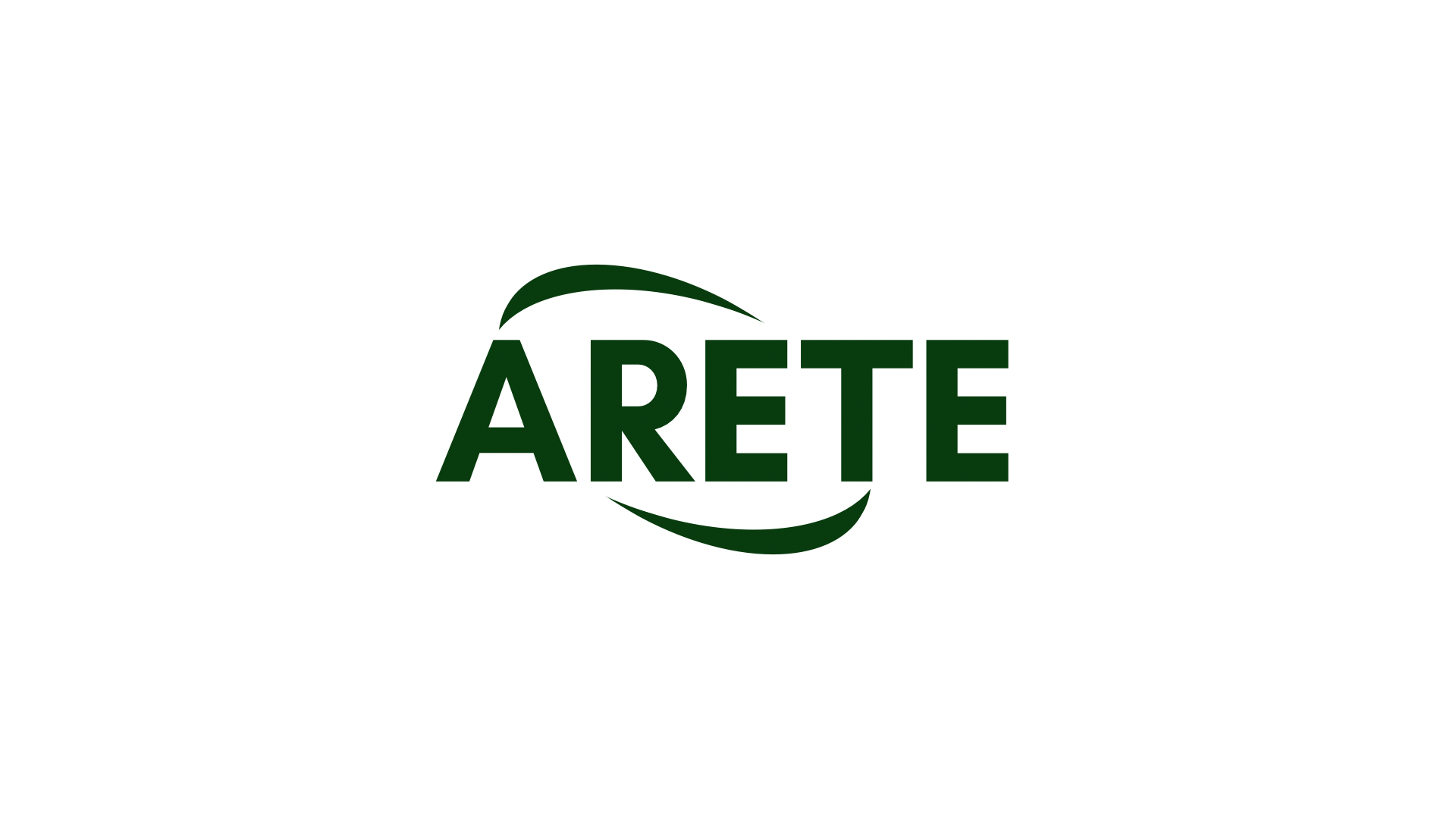Here is an article on how to earn events @Sorana/web3.js v2:
Events in Solani: Guide

When working with Soana-based Blockchain platforms such as Raydium and Jupiter Swap, you need to deal with earning events. This process is crucial to ensure that your application can send and receive data effectively.
@Sorana/Web3.jsOlder versions were conducted as deserted. However, in Sorana V2,@Sorana/web3.jshas introduced a new approach to earn events. In this article, we will guide you@Sorana/web3.jsV2's aading process.
Why is earning a must
Before we dive into a solution, we understand why earning is essential:
- Serial events return application subscriptions such as Raydium and Jupiter Swap.
- These events contain information that must be processed and sent back to the customer.
- If you do not deserve events, you will encounter problems with information corruption or incorrect handling.
Events @Sorana/Web3.js v2
In Sorana V2,@Sorana/web3.jsuses a JSON-based form to play events. The process of wrapping the transactions includes this JSON format back to the JavaScript object that your application can process.
Here's a step -by -step solution:
- Get Serial Form : Use the application subscription to apply for serial disruptions from the Sorana V2.
- Download the JSON information : Download JSON information usingJSON.PARSE ()
.
- Member Transaction object
: UseObject.keys () ” to get a set of features and then use …” in the ‘loop or object.entres () to it every pair of key value.
- Set event information : When you have access to transaction information, you can earn it with the logic of applications.
Example Code
Here is an example of a piece of code that shows how to earn events `soan/web3.js v2:
`Javascript
Bring {web3} ‘@soan/web3.js’;
Const web3 = new web3 (new web3.providers.httpprovider (‘
Contransactionid = ‘Your_TraSaction_id’;
Conton serialized transaction = wait for the raydium.getserialized event (transactionid);
Const -earned transaction days = JSON.PARSE (serialized transaction);
// Set transaction data
Permanent object = {
ID: aerialized transactiondata.id,
Blockhash: Anveserialized TransactionData.blockhash,
Events: [
{
ID:
Quantity: aerized transactiondata.transaasuations [0] .mount,
// …
},
{
ID:
Quantity: aerized transactionData.transaasus [1] .mount,
// …
}
“”, “,”
};
// Handle Event Information
Console.log (transaction object);
`
In this example, we will pick up a serialized event from Raydium by using its “getserialized event ()” method. Then we deserve a JSON response to an object that our application can be processed.
conclusion
Earning the Sorana V2 events requires some understanding of the JSON format used to play and earn. By following the thesis steps, you can succeed in earning events in @Sorana/web3.js V2 and the process theme efficiently in your applications. Remember to always deal with mistakes and exceptions correctly, and don’t hesitate to reach if you have any other questions!

